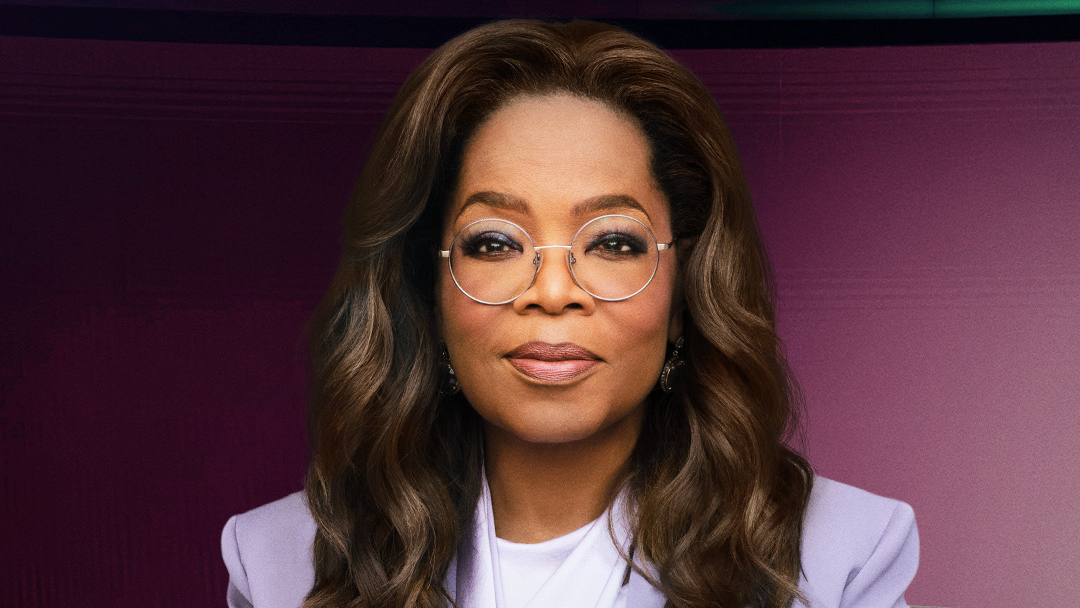Oprah, Bill Gates Explore Which Jobs May Survive AI Disruption
AI's impact on the workplace examined during Oprah Winfrey TV special

Artificial intelligence is set to dramatically alter the job market, potentially transforming the nature of work itself, according to Microsoft co-founder Bill Gates. Speaking on Oprah Winfrey’s recent TV special, “AI and the Future of Us,” Gates warned that AI will likely disrupt both white-collar and blue-collar jobs, challenging long-standing norms about employment and productivity.
“AI is going to have more impact than even the personal computer, the phone, the internet,” he said, calling it “the biggest technical advance in my lifetime.”
Gates predicted that within the next decade, sectors such as education and health care will see profound changes. Beyond that, AI-driven robotics could handle many tasks currently performed by humans, such as factory work, warehouse operations, and even cooking and cleaning.
AI’s Impact on Work and Human Dignity
During their conversation, Winfrey questioned whether AI posed a threat not only to people’s livelihoods but also to the sense of dignity, purpose, and meaning they derive from their work, suggesting that the disruption could be far-reaching. While acknowledging AI’s potential to increase productivity, Gates expressed concern over its disruptive effects on workers.
“We’ve organized our society over if you get a good education, if you get a unique set of skills, you’ll be rewarded for that,” he noted. “If we get 20 or 30% more productive, that’s all to the good, because there are so many unmet needs. But if you get, you know, 300% more productive, in a way you say that’s only good because then we can make more stuff, and we can have more leisure time, but the way that we organize it and maintain people’s dignity will require a lot of engagement and picking leaders who are attuned to taking that excess and making sure we’re all sharing fairly.”
Gates also suggested that AI’s productivity gains might eventually lead to shorter workweeks, reducing the emphasis on traditional full-time employment.
“In the long run ... work won’t be as important,” he said. “And, you know, that, I think, is basically a good thing.”
Which Jobs Will Survive the AI Revolution?
When asked which jobs will remain undisturbed by AI and which skills are most likely to persist, Gates acknowledged that making precise predictions is challenging. However, he suggested that roles requiring high levels of creativity, empathy, and human interaction may be more resilient to AI’s reach.
Jobs involving personal connections and human-centric skills, such as social workers, therapists, and educators, might continue to thrive in an AI-driven future. The nuanced understanding, empathy, and adaptability required for these roles are difficult for AI to replicate. Even in fields such as mental health and education, where technology can offer tools and support, Gates suggests that the human element will remain indispensable.
Despite this, he cautioned against overconfidence in assuming any role is entirely safe from AI’s influence. “Even then, I can’t guarantee that software won’t eventually get good at that,” he said.
AI Could Bring Rapid Economic Changes
Sam Altman, CEO of OpenAI, also appeared on the TV special and shared Gates’ concerns about AI’s disruptive potential. He warned that the speed at which AI could transform the global economy has yet to be fully realized.
“The rate of change in the world, in the economy, from this, we haven’t seen it yet,” Altman said, urging against complacency. Even if AI technology is made safe, the rapid adoption and diffusion of AI throughout the economy could create unforeseen challenges, he said.
Altman also sees AI as a tool that could unlock unprecedented levels of human creativity.
“The most important thing that will happen here is everyone in the world will be able to create at a level that is still hard for us to imagine,” he said. Yet, Altman cautioned that the forces driving AI’s growth could disrupt economic stability and require significant adaptation.
Balancing Optimism with Caution
Despite their caution, both Altman and Gates expressed optimism that AI advancements would be largely beneficial to humanity. Gates particularly emphasized that human creativity and interaction would be important for the future of work.
“For the next generation, the more human, the more engaged you are with other people, that is a skill set that is in such short supply, whether it’s mental health or education. "…We can never have enough of that,” he said.
Navigating the Future of Work and AI
As AI continues to advance, its potential to disrupt jobs and redefine the workforce becomes increasingly clear. The insights from Gates and Altman underscore the importance of strategic planning, regulation, and leadership in managing this transformation. For HR professionals, staying ahead of these changes will be vital to navigating the evolving landscape of AI at work.
SHRM is working hard to help industries navigate this disruptive wave of change, noting that the true power of AI emerges when combined with human ingenuity (HI). To learn more about SHRM’s work combining artificial intelligence and human ingenuity (AI+HI), check out the SHRM AI+HI Specialty Credential and follow the latest news and trends with The AI+HI Project.
An organization run by AI is not a futuristic concept. Such technology is already a part of many workplaces and will continue to shape the labor market and HR. Here's how employers and employees can successfully manage generative AI and other AI-powered systems.



